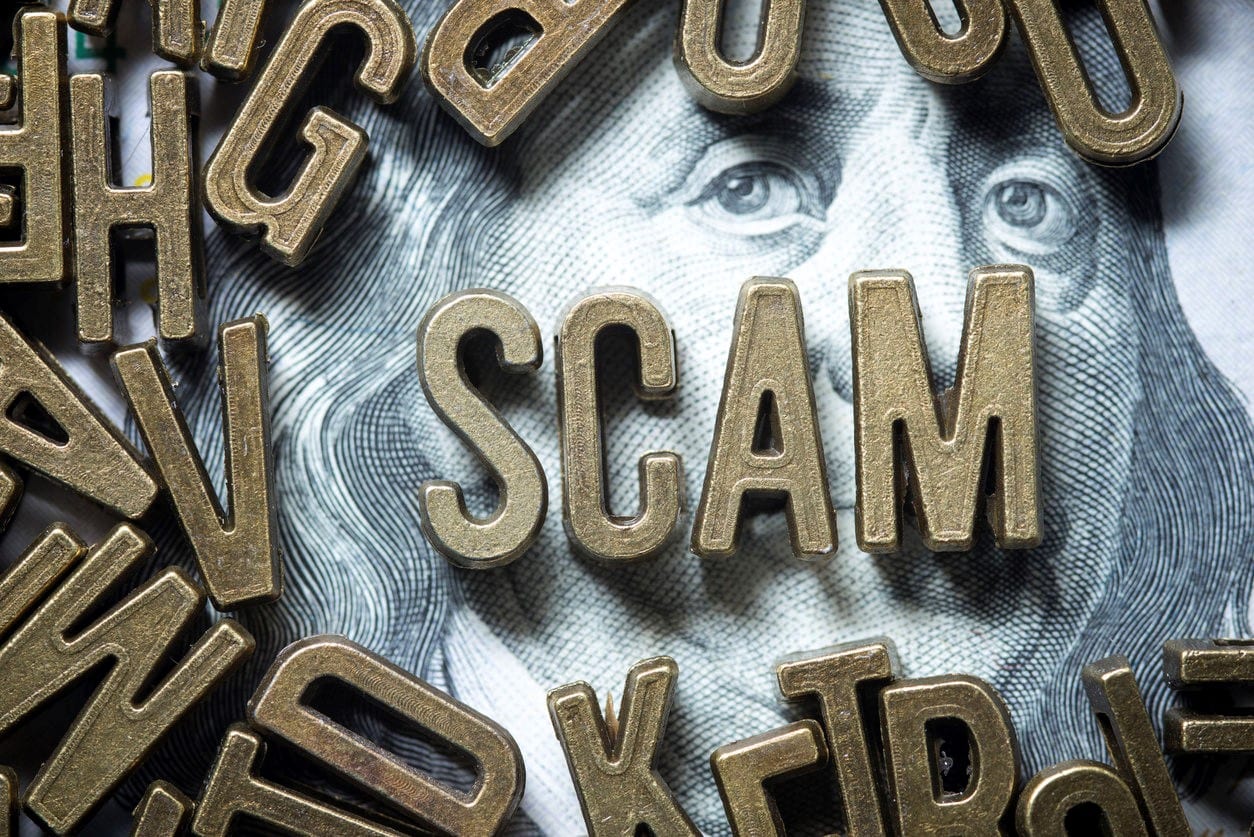- Home
- THE FIRM+
- Criminal Defense+
- CASE RESULTS
- AREAS WE SERVE+
- FAQ’s
- Blog
- Contact
AZHARI LLC BLOG
Mar. 21 2017
When Is Theft a Federal Crime?

Posted By: Sami Azhari
Category:
Stealing doesn’t seem like it should be a federal crime. After all, why should the feds get involved if someone rips off a Walmart or takes another person’s car?
It is true that, for the most part, the feds don’t get involved with those types of theft cases – though they can if they want to.
Instead federal prosecutors tend to limit their efforts to specific kinds of theft. Criminal acts that deal with extremely large sums of money. That cross state or national borders.
Below, we’ll detail several types of theft that are commonly handled in federal court, using specific cases to illustrate each.
Theft Crimes Commonly Handled in Federal Court
Identity theft. Recently, two Cuban nationals who were caught in Madison County with more than 100 gift cards during a traffic stop were sentenced to two years in federal prison for possessing at least 15 account numbers that had been stolen from customers of a Pennsylvania financial institution.
Identity theft is one of the most common types of theft crimes that end up in federal court because the victims often come from all over the United States – and even beyond. As mentioned above, when a crime crosses state or national borders, it enters the purview of federal courts.
Tax fraud. A Rockford woman is going to spend 51 months in federal prison, have three years of supervised release once she gets out, and have to pay almost $100,000 in restitution to the federal government. Why? Because she committed ID theft and tax fraud. Specifically, she used the names of other people to file 45 different false tax returns asking for refunds of just over $189,000.
Attempt to defraud the IRS and you can bet that the federal court system will get involved.
Embezzlement. A fine of up to $250,000. Restitution that totals $248,755 – plus the same amount in a forfeiture judgement. Twelve to 18 months in federal prison. Those are the penalties that Tamara Kukla faces under federal sentencing guidelines after embezzling money from the non-profit she worked for over a period of two years.
The actual charge? “Interstate transportation of stolen property.” Once again, the federal government was able to get involved because the act crossed state lines.
Ponzi schemes. Technically “Ponzi scheme” isn’t a charge – it’s a type of fraudulent scheme. That probably won’t matter a whole lot to two New York City businessmen who were recently charged with lying to investors and telling them that they were going to buy tickets to Broadway shows and resell them for large profits.
Allegedly, the scheme not only included 250,000 tickets for an upcoming Harry Potter play, but also 35,000 tickets to Hamilton performances – that were already sold out. All told, reports say that the scam brought in over $97 million from 138 investors in 17 different states.
You can already see why the federal courts got involved, right? If people from 17 different states were victimized, that means the act crossed state lines.
Theft of trade secrets. You’ve heard of self-driving cars, right? First it was Google testing the cars on real streets. Then Uber got into the act. Well, now self-driving car company Waymo (the company owned by Alphabet – i.e. Google – that split off into its own thing) is saying that self-driving truck company Otto and its parent company Uber are illegally using technology in their vehicles that they got from Waymo.
Still following? Essentially, one company is saying that another company used their ideas/designs/technology without permission. It would be like Pepsi stealing Coke’s secret formula and using it to make their sodas.
It’s called theft of trade secrets, and it’s a big deal. Under federal law, penalties for conviction include up to 10 years in prison and a fine of up to $250,000 for an individual ($5 million for a corporation). If those trade secrets are done to benefit a foreign government or agent, the penalties increase to up to 15 years in prison and up to $500,000 for an individual ($10 million for a corporation).
Again, the big deal here is that interstate and foreign commerce are usually involved. In other words, if Pepsi steals Coke’s formula and uses it in their sodas, they’re going to be selling those sodas across the country and around the world.
At this point, you probably understand the general idea. While it’s not always the case (there are more than two dozen federal statutes related to theft), federal theft crimes tend to be white collar crimes.
The bad news about these types of charges is that, as you can see, they come with long prison sentences and huge fines. Moreover, you will be up against the much more robust investigating operations of the federal government, which can mean that agencies such as the FBI, CIA, and others get involved.
It’s not all gloom and doom though. There are strategies to fight federal theft charges, and unlike with many other types of crimes, if you are under investigation for a white collar crime, often you will be notified in advance. This allows you to respond before charges are filed, and in some cases, a skilled attorney may be able to put a halt to the investigation and prevent charges from ever being filed.
The bottom line? If you are currently being investigated or worried about charges, talk to a lawyer immediately.
Facing Federal Theft Charges? Contact an Attorney Immediately
If you’re under investigation for any federal theft crime, whether it’s identity theft, tax fraud, and more, the consequences can be severe. These charges carry heavy penalties and are pursued vigorously by federal authorities. But there’s hope. With proactive legal defense and an experienced attorney like Sami Azhari, you can fight back. Contact us today to begin crafting a defense strategy that protects your rights and aims for the best possible outcome.
About the Author
Sami Azhari has been working as a lawyer since 2007, after receiving his Juris Doctor from the Michigan State University College of Law. He has handled numerous state and federal cases, and is known throughout the Chicago and Rolling Meadows area for providing his clients with high-quality, skilled representation. He has been recognized by SuperLawyers, the National Trial Lawyers Association, and other notable organizations, and has spoken at a number of legal conferences.



























































